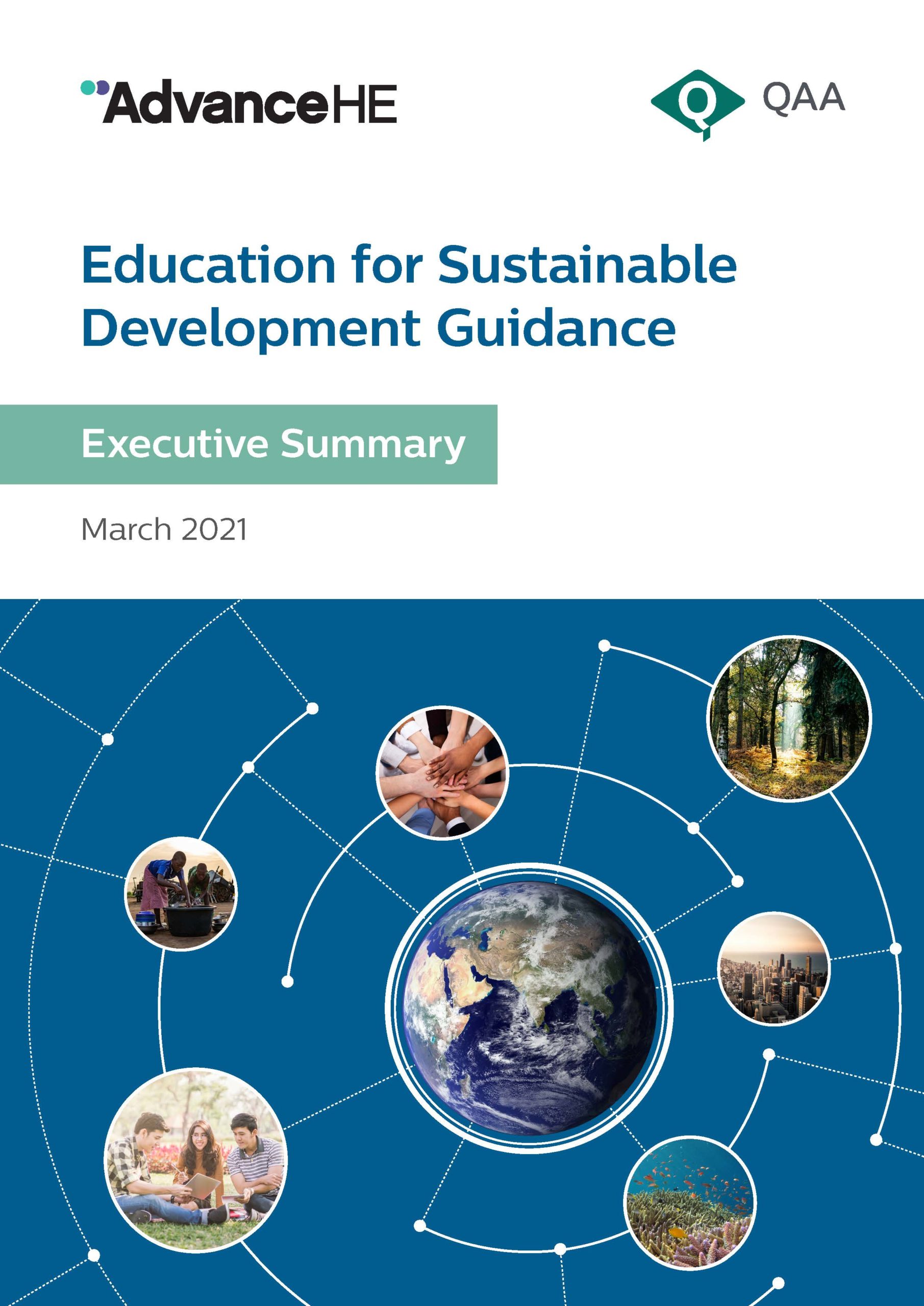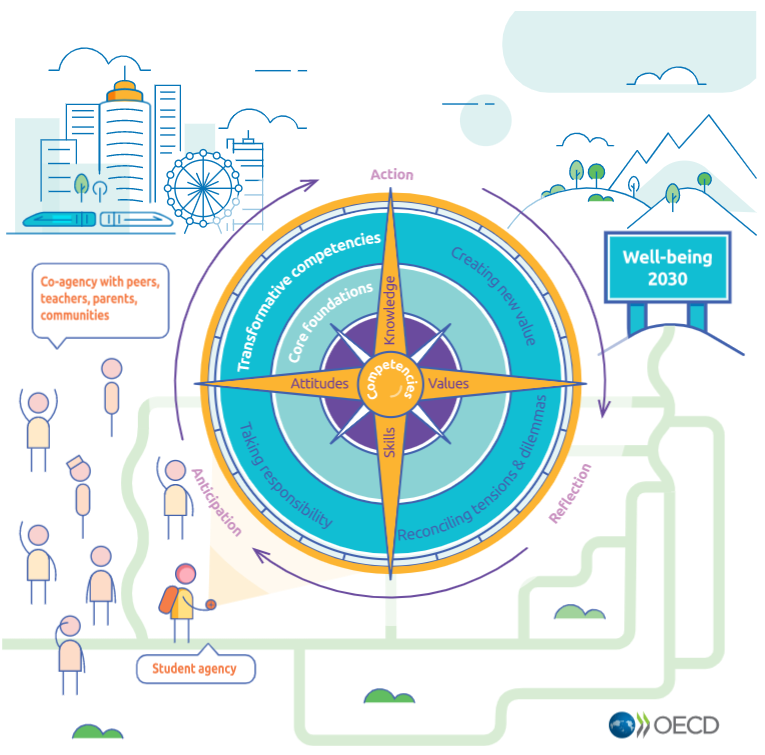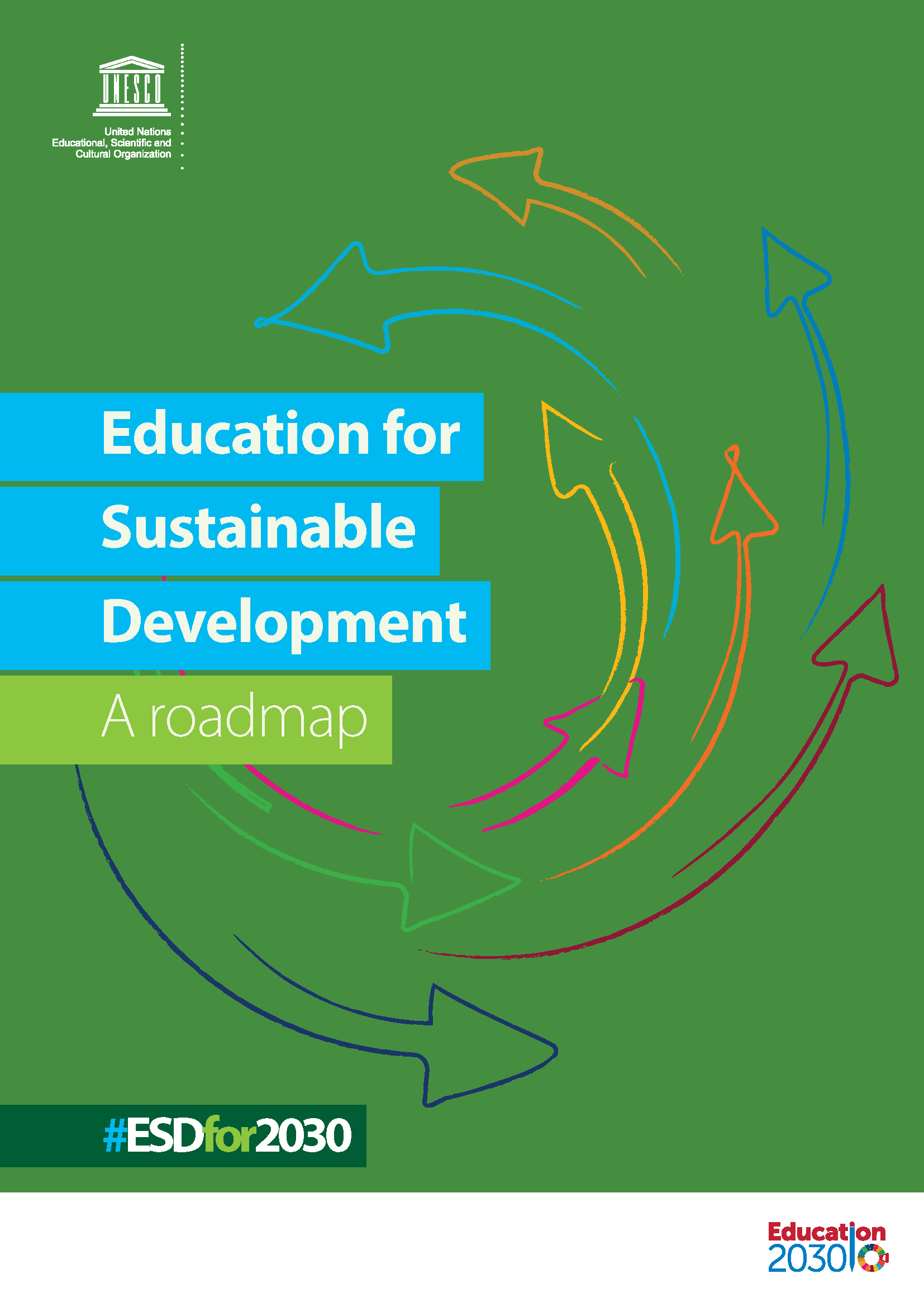Education for sustainability
What is Education for Sustainability?
Sustainability requires more than technical and scientific innovation – it involves changes in our thinking and understanding, our workplaces and lifestyles. So sustainability can be seen as essentially a challenge of learning and a priority for education. This is the key idea behind Education for Sustainability (EfS)– also called Education for Sustainable Development (ESD).
This approach to education develops the capabilities of people to create more sustainable ways of life. It means rethinking the aims, methods and content of education, to address the challenges societies are facing and the need for responses in every industry and sector.
At our university we see EfS as an essential driver in the future of education and we invest in developing ourselves and our sector to become sustainability learning experts.
University sector developments
EfS has gained visibility in higher education through league tables, recognition awards, scholarly publications and sharing of new curriculum examples. Education agencies such as AdvanceHE, LSIS, NIACE and Ofsted have all supported EfS over the past decade by releasing frameworks and guidance as well as collections of emerging practices.
Capacity development for universities in EfS has been supported through mentoring and partnering schemes such as the Green Academy and Responsible Futures initiatives. Many universities now have strategies and incentives to build this into courses on a larger scale, although the sector does not yet have agreed quality standards in this new area.
The UK Quality Assurance Agency released its updated national guidance in 2021 to encourage all courses and disciplines to address this critical agenda and reflect it in national subject benchmarking, and is targeting the next steps for mainstreaming and quality in EfS.
Educational theory foundations
EfS is grounded in traditions of education that help people to change systems and habits of thinking. It highlights new learning techniques like ‘futures thinking’ and ‘systems thinking’ and is based in key ideas from critical pedagogy and transformative learning theory.
These dynamic approaches to learning recognise that teaching scientific knowledge around environmental challenges is not enough to help people apply the insights and collaborate effectively to shift professions, organisations or communities towards sustainability.
Leading scholars of EfS have explained this need for learning based in a global perspective on the connections between people and planet, not one led by dominant interests or focus on the profit bottom line alone. This EfS scholarship has signalled the importance of combining specialist knowledge with soft competences for reimagining systems, adapting to scenarios of complexity and uncertainty, and empowering people to deliver change.
United Nations support programmes
The UN has promoted and supported ESD via strategic programmes targeting the whole education system, starting with the Decade of ESD from 2004-2014. Its Global Action Programme 2015-2019 took the next steps to encourage governments and education agencies in its adoption and continued support to initiatives such as the UNESCO Chairs in ESD, UN Regional Centres of Expertise in ESD and UNESCO-Japan global ESD prize.
The 2021 UNESCO World Conference on ESD closed with adoption of the Berlin Declaration on ESD, reinforcing the role of ESD as an enabler for the delivery of the UN Sustainable Development Goals and commitment to the ESD for 2030 Roadmap.



